Founding Friends
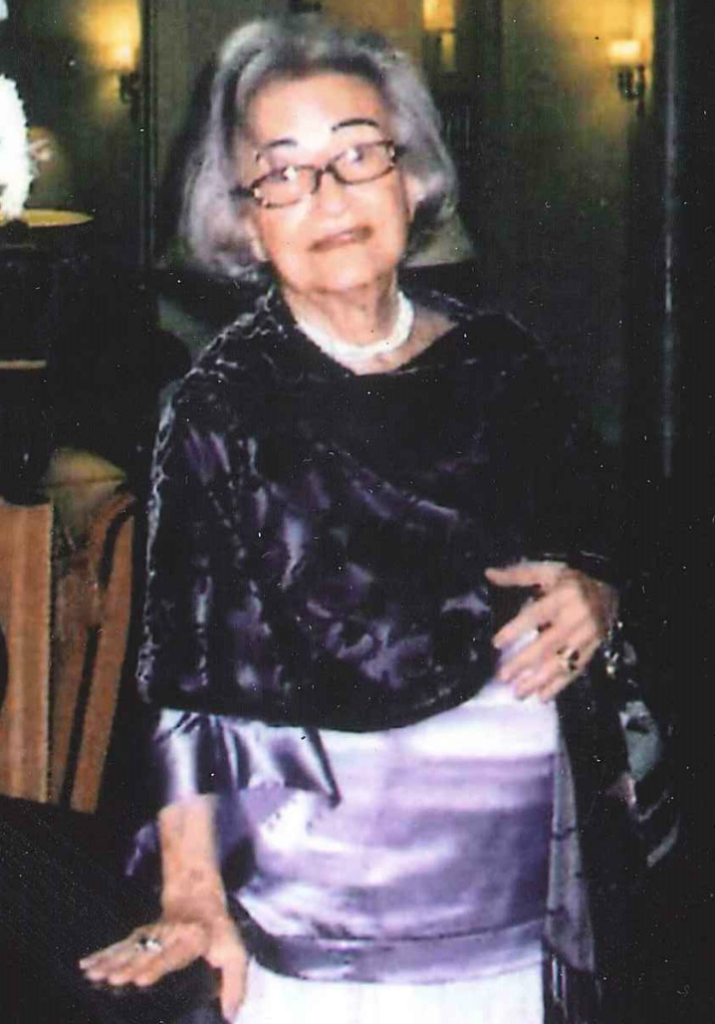
Eugenia (Gena) Rotter Z”L
“So few were, so tired and weak, that we could not immediately think that in fact the exit from destruction is the great victory of the Jewish people in the 20th century … The idea is burning in my soul as long as we live, so few remain, every day less and the biological solution does its … “Tel Aviv, January 2011
“A few words they were torch at the moment of foundation initiative:
Do not forget us! Soon the 100th anniversary of the liquidation of the Jews of Krakow (Poland) will come. “We were all heroes!”: Those who were murdered with their children, those who fell in battle or in the forests, and those who remained alone and isolated.
The ugly reality works against the memory of the Holocaust (almost 100 years) compared to the memory of the Exodus from Egypt (thousands of years ago).
Tel Aviv February 6, 2015
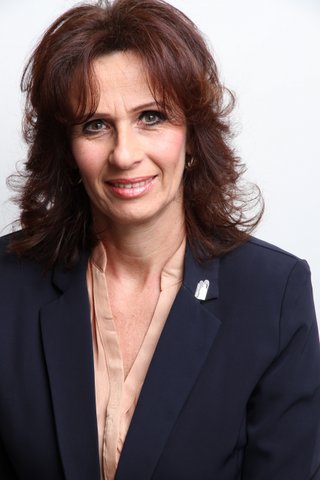
Maya Cynowiec Goldenberg B.A, M.A, Ph.D.
Born in Haifa. My mother, peace be upon her Irena Halpern Zinovitch (1925-1925) was born in Krakow, Poland, and survived the Plaszow camp. She was saved from the Aktion at Zigoda Square on June 4, 1942, thanks to Righteous Among the Nations pharmacist Thaddeus Funkiewicz, when she was able to hide in his pharmacy under the “Pod Orlem”, the only place active in the heart of the Krakow ghetto. For four decades she devoted her life to establishing a family and volunteering in the city of Haifa. Avi (peace be upon him) Yosef (Yozhik) Zinovitch (1916-2007) was born in Pinsk, in White Russia. He was a brave and fearless partisan, a saxophone player and musician in his soul, who managed to escape from the Majdanek death camp, was caught and tortured badly, and slipped away again – successfully. My father immigrated to Israel, served as a senior officer in the Israeli infantry unit, was an active partner in the Israeli melting pot, one of the founders of the cooperative in Israel, a Zionist and a Mapai party.
When I was a girl and a girl in Haifa, the label of a daughter of Holocaust survivors created a distance and repression of the subject, not to say shame. I wanted so much to be like the “others,” the daughter of Israeli parents who speak fluent Hebrew, such a “social” society. All at once, the death of my parents When I was already the mother of three children, feelings that I had not been aware of before flooded me with strong feelings and the obligation to tell, share, and create an unforgettable message for my own children and future generations. Only after the death of my parents did I summon up my courage and went with my husband to Poland, a journey of unparalleled significance, a journey that completely burned the Holocaust as part of who I am and are still working to this day.
I am deeply aware that the preoccupation with the Holocaust and the resurrection is precisely what defines my being and my deep belief in the value and sanctity of human life.
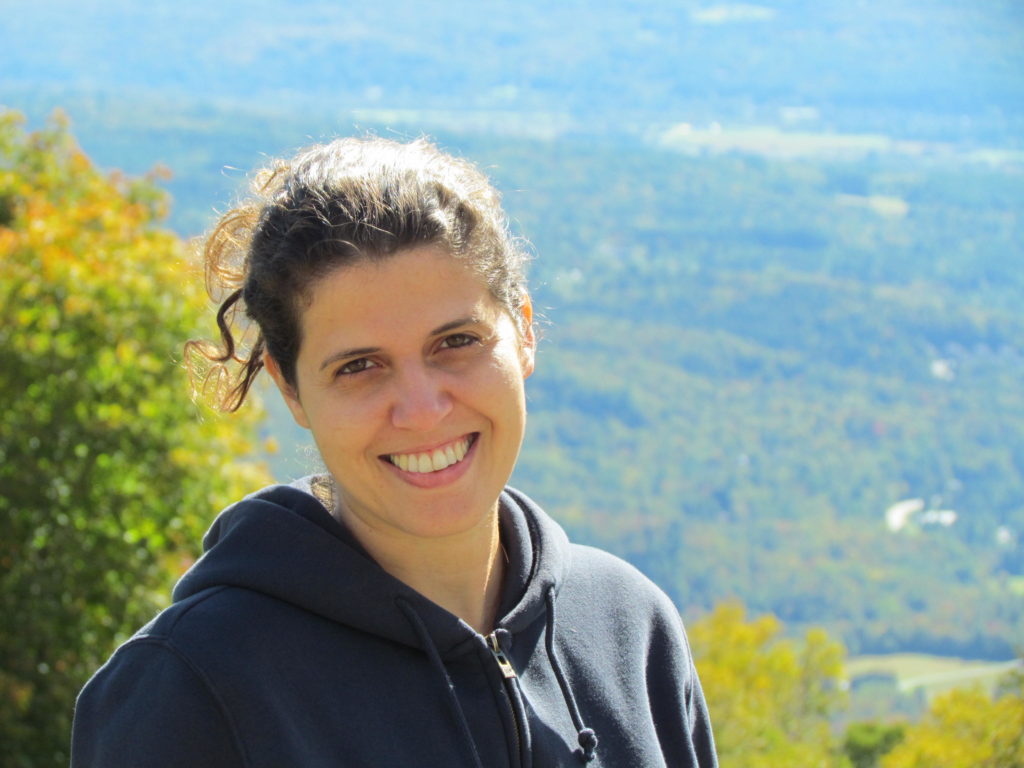
Major Dasi (Haddassah) Peer Dror
Education Officer in the Education and Youth Corps. She holds a Masters degree in Land of Israel Studies and Information Science, and has a teaching certificate.
In addition to being a third generation Holocaust survivor, the subject accompanied me at key intersections in my life, and pushed me to work in this field in my various positions in civilian life and in the army, as well as commanders and soldiers in the various units in which I served (as Education Officer of the Judea and Samaria Division).
About 15 years ago (1999) I met a dear friend, Eugenia (Gana) Rotter, whom I taught computers. Gana, a Holocaust survivor, a strong, wise and noble woman with special strengths and the ability to give, experienced the black period in her life dramatically. In the framework of our many years of friendship, Gena exposed me to her difficult and moving life story.
A few years ago, Gana raised a unique initiative – to create a Holocaust Haggadah, a story that will be passed down from generation to generation, which will reveal the story of the Holocaust, while emphasizing the story of heroism. Genet wanted to sharpen the message of heroism and victory. From that day on, we began to promote the idea, from practice until the establishment of the initiative officially.
Because of my personal proximity to the initiative, and because I am an educator, I feel committed to the process in general and to the integration and integration of youth and adults alike – in particular. I believe that we can advance and assimilate the Haggadah so that it will become a common and familiar language and strengthen our Israeli-Jewish identity as a people.
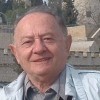
Zvi Gill
As one of the initiators of the project, “The Contribution of Holocaust Survivors to the Establishment and Establishment of the State” – that is to say, the subject of the revival – it is important for me to advance this mission in any way, inter alia, in support of Dr. Maya Goldberg’s initiative: “From Holocaust to Revival.” There is a reminder that survivors of the Holocaust, like the “phoenixes” who emerged from the ashes, have another profile – the optimistic one, which sanctifies life and aspires to uphold it as a value-based life.
I came to Israel at the age of 15, fought in the War of Independence for a Jewish state, but not only, but at the very least, “Light for the Jews”, where they will learn the moral and ethical lessons of the Holocaust. However, in my drive to integrate into Israeli society, I chose not to deal with the past but with the future. For decades I have been involved in the media in practice, while fulfilling senior positions in the IBA – radio and television, and academically. In the process, I wrote six books, some of them documentaries and some of them.
My wife, a Holocaust survivor, Yehudit Gil (Kohn) was an interior architect who planned, inter alia, the cabinet room of the Israeli government. She died at age 67 of lung cancer. We have three married daughters and ten grandchildren.
Today, I am writing and producing productions within the framework of the “Sandflies” association, which aims to document the actions and contribution of Holocaust survivors here in Israel.
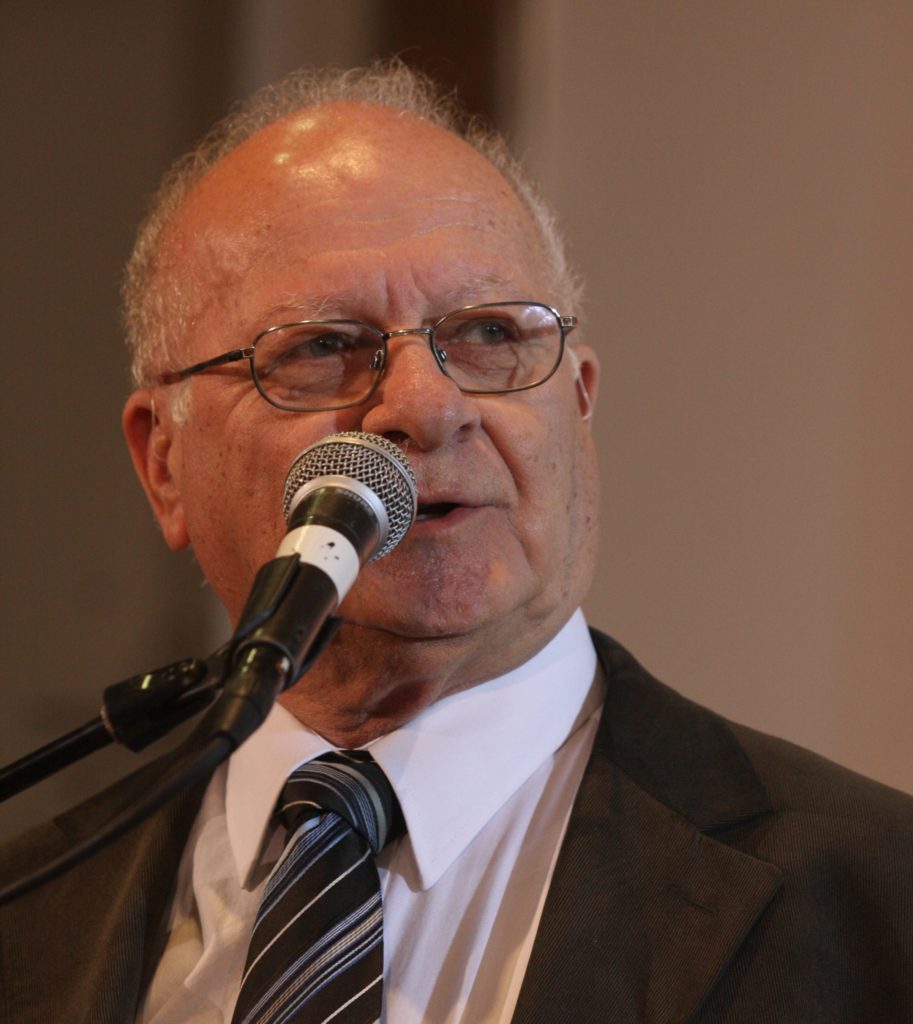
Micha Harish
Born in 1936 in the city of Timisoara, Romania, to the parents of Yosef and Esther Hirsh, who arrived in Timisoara from Transylvania, where they met as part of the Zionist youth movement’s activities in the Aviva Aviva, and to my activities in the memory of the Holocaust, In May 1944, a large part of the Imi family in Transylvania was deported to Auschwitz, along with all the Jews of Hungary, and none of them returned alive.
When we immigrated to Israel in 1950, I learned about the entire scope of the horror of the Holocaust in the Second World War, and I myself was exposed to the Holocaust in a very emotional and personal way. “At the end of the war, with the return of the survivors from the camps to Transylvania, L sat for hours at the radio, hoping to hear from the names of her closest relatives. I sat with her quite a few times in those days, and I took her hope; but she did not hear a single name. No one from the family returned.
I was elected to the Knesset in 1973 on behalf of the Labor Party and served in the Knesset for 23 years, in a variety of Knesset and government positions. In the 13th Knesset I served as minister of industry and trade in the government of Yitzhak Rabin and Shimon Peres (1992-1996). I served as Secretary General of the Labor Party (and Chairman of the Elections Committee) from 1989 to 1992. Since 2012, I serve as Chairman of the Society for the Location and Restitution of Assets of Holocaust Victims. (A united organization of Romanian immigrants in Israel) since 2007, an organization that deals with commemoration.
The history and heritage of Romanian Jewry, including the Holocaust of Romanian Jewry, in which about 430,000 Jews were murdered in the Holocaust, about half of Romanian Jews.
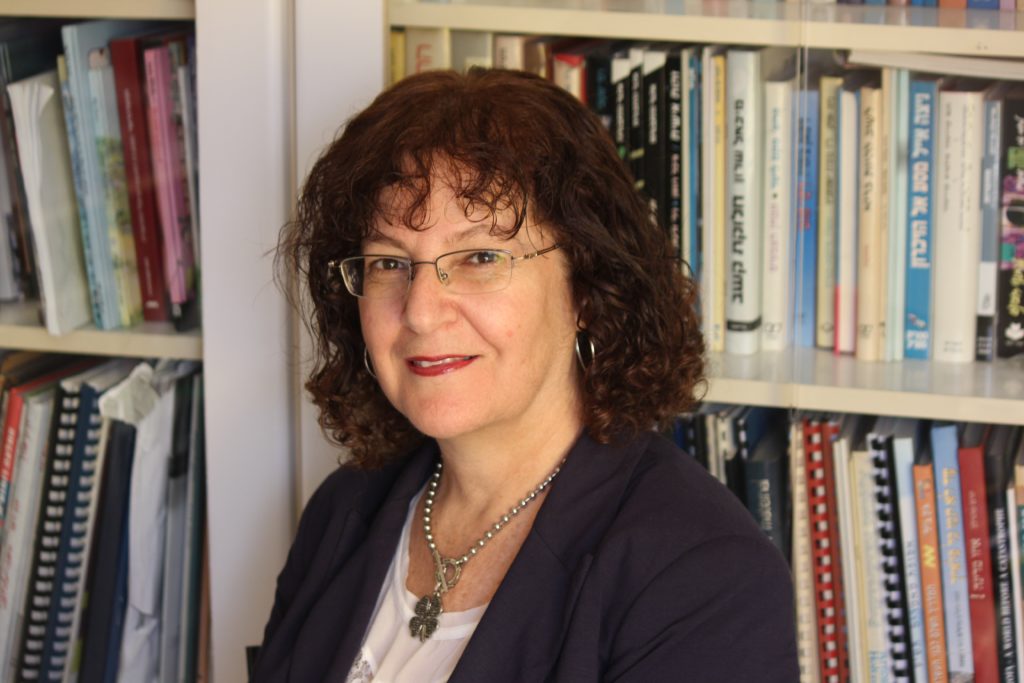
Dr. Gila Matzliach Liberman
The initiative of the Haggadah of the Holocaust and the revival is consistent with my worldview, and it was only natural for me to join in this blessed and important endeavor.
The subject of the Holocaust and its assimilation among children and youth has become one of the focus of my activities in recent years. Knowledge can not grasp the sheer cruelty that characterized the darkest period in human history, and the heart refuses to be consoled and forgotten. Alongside the narrative that imparts human and national significance to historical events, it is important, in my opinion, to bring the young generation together with the instinct for survival, while preserving human dignity and revival. These invite a discussion of the value of memory and humane and universal values in human discourse for a better society.
I present this concept at international conferences in Israel and around the world, and I am a member of the Israel-Polish Association for Mental Health and Holocaust Heritage, which promotes the discourse on the subject. In my role as a psychologist, I serve as a representative of the Educational Psychology Service in the Education Ministry’s committee for the design of the educational program “For the paths of memory.” The importance of the Holocaust and the assumption that it is possible and important to present it in a controlled manner at a young age led me to write the story “A Hug of Love” and to write a guide to the book , Which was recently published and intended to serve as an aid when exposing the subject to young children.
“We succumb to the illusion that a child may be satisfied for a long time by seeing an angelic world, where everything is simple and full of intelligence, so that we will be able to conceal ignorance, weakness, contradictions, defeats and falls.” Janusz Korczak
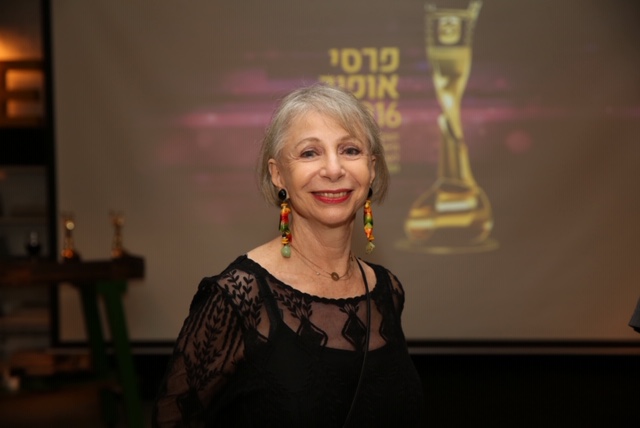
Ilana Sharon
Active for the last thirty years in the field of Israeli cinema. Researcher, producer and founder of the Israeli Academy of Film and Television, as well as the Ophir Awards competition producer for 27 years. Recently retired from the academy and today is the chairwoman of the foundation for encouraging the Israeli film, from the foundation of the film Industry Association.

Amir Gadot
As a son of Holocaust survivors whose fate was determined by Judaism, I sought other ways to fulfill the command of my parents who survived the seven sections of the inferno, and to perpetuate their personal victory – like the rest of the survivors – the victory of the spirit.
We live life forward and understand it backwards, and as I grew older, I understood what I had heard in my childhood and the command we received from our parents. That is why I joined the initiative of the “Holocaust and Revival Haggadah”.
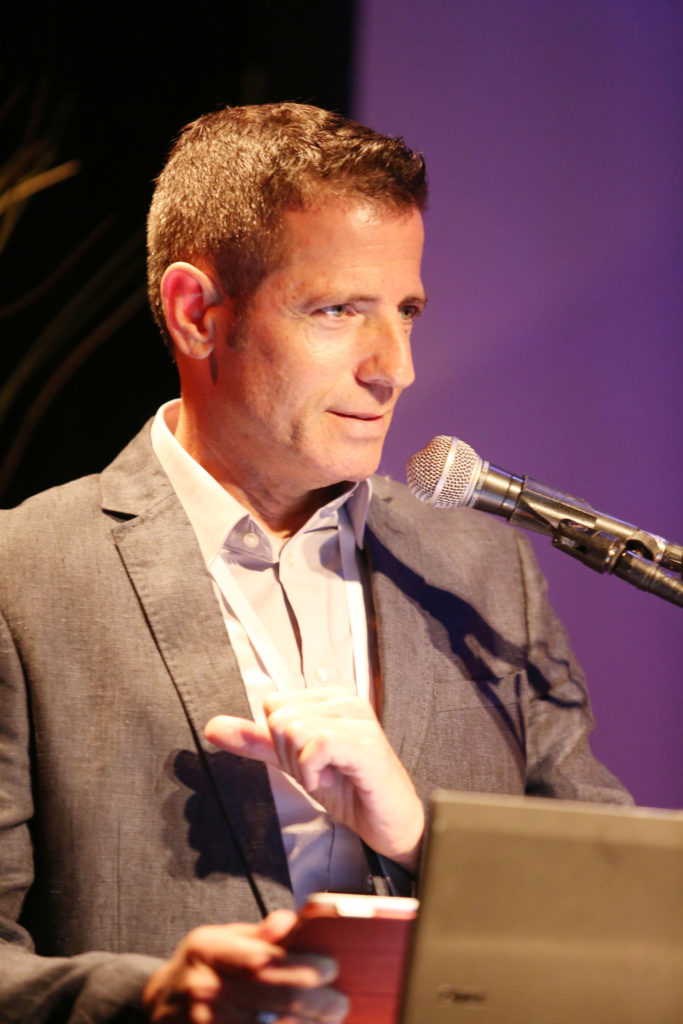
Ari Davidovich
As a documentary filmmaker, I am often exposed to a great oblivion of events and people. Sometimes deliberately, while investing energy of denial, erasure and disregard. Sometimes, due to the passage of time and generations, naturally a new agenda takes the place of heritage. As the son of parents who survived the inferno and lost their loved ones, I fear that the Holocaust, which had a decisive influence on my family and me, will fall in the generations to the oblivion. You must not allow this to happen.
In my view, the legacy of the Holocaust and the revival should be instilled in a systematic and profound work, using channels and techniques suitable for our generation and the generations to come. To design contemporary channels of access, I am happy to harness my expertise in film, media and media.
MA in Mass Communication from the Hebrew University and a graduate of the Department of Psychology at the University of Haifa. Is currently the head of the Hypermedia project to create source content. He is the producer and artistic director of Doku Chaleng Israel – a greenhouse for creating docu films, and editor-in-chief of “Online Creators” – an annual innovation and competition conference for creating source content for digital. Among my films: “Waiting for Goddick,” “My World Champion,” “Bird in the Room,” and “Sartlak” (in production) to screen my parents’ story.
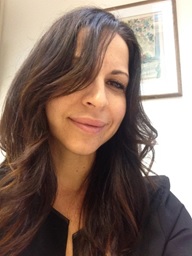
Inbal Gutman
I grew up in the colony of Menahemia in the Jordan Valley. Pictures of my childhood West Holocaust Remembrance Day come from the community center, with a small open auditorium in the middle of which a modest ceremony is held every year for Holocaust Remembrance Day, and the cantor of the community (Shaimi) He would copy his breath until the end of the prayer, missing a beat with each word, weeping with him in every sound that came from his throat.
Already as a child I understood that something very important was happening at this time of year, in our community community center.
A few years ago, I was an active volunteer for exploiting the rights of Holocaust survivors. Every time I listened to the chilling stories I was exposed to, I was strengthened by the understanding that these stories, stories of the Holocaust and heroism, must be spoken and told in future generations. The thought that in decades this matter can be forgotten from our young generations is inconceivable.
As part of this volunteer activity, I came to an initiative: the Haggadah. It is not easy to get up one morning and create a tradition that will preserve so many stories, people and tastes, but I see it as a duty and not a right, to preserve and create tradition, to perpetuate the memory of the Holocaust and heroism.
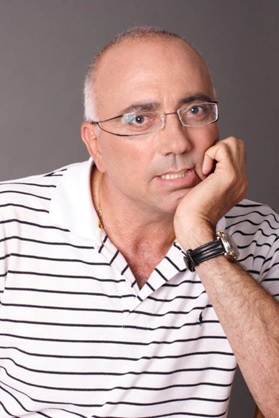
Yankale Zini
My family immigrated from Morocco in 1951. I was born in 1955 and grew up in Hadera, in the Givat Olga neighborhood on the Mediterranean coast. I spent my childhood in the city of Shivat Zion. A simple, crowded and warm housing complex, where immigrants from all over the world lived, a true “ingathering of the exiles.”
When I was a child, I was exposed to homeless Holocaust survivors (with a number tattooed on my arm), a small kiosk on the corner of the street next to my parents’ house. As a little boy, I spent hours in their home and in the kiosk, and I was exposed to stories about the hardships they had experienced in Europe. Today I understand that they were no different from others, they just did not tell about their experiences “there”.
The couple loved and hugged me as if I were their son. I was born in the name of Yaakov. They gave me the name Yankele, which I proudly carry to this day.
The Haggadah and my contribution to the organization was made out of the strong desire to tell about the heroism of those who survived and came to build our country in Israel. For those exposed to Holocaust stories, it is clear that these were mostly heroic stories of survival, support and mutual help, which I see as the essence of Judaism!
I am convinced that only if we turn the Haggadah into a national “holiday” will the Holocaust be forgotten.
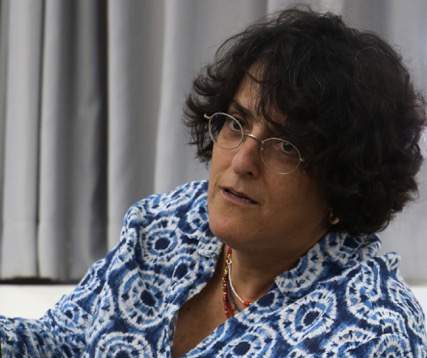
Yael Barnea Givoni
Graphic designer and illustrator, lecturer in design
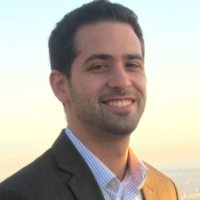
Tomer Goldenberg
An engineer in the late 1920s lives in Tel Aviv and is personally connected to the Holocaust from various directions: My grandfather and grandmother experienced the horrors of the period in one way or another: one fled and crossed Europe, losing almost everything, the other was heroically hidden by a Pole who later received The Righteous Among the Nations, and another grandfather fought brazenly in the ranks of the partisans. With such deep roots in the family during the war, my childhood was probably accompanied by many stories about the events of the period, especially since I grew up in Israel, where the Holocaust is spoken and told regularly, and encounters with the survivors are quite common. However, out of all those survivors who are still alive, only a tiny fraction dare to testify about the experiences of loss, terror, and heroism, which for me is the true essence of this project. We are approaching a time when young children in schools will not be able to listen to stories from the survivors themselves; For a period when children will not be able to interview the grandparents about the existence of the ghetto, and the numbers that were engraved on their arms.
My generation, probably one of the last generations that can really digest, and imagine the horrors and heroism through looking into the eyes of those who through their eyes experienced the Holocaust. With this unavoidable lack of connection to survivors in a few years, it is appropriate to chart a way to preserve the stories and history so that future generations can also imagine, remember, and pass on.
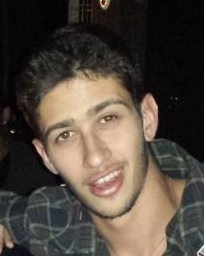
Noy Goldenberg
I am an economist and I am a financial consultant. I was born in Israel and moved to Canada when I was 9. I studied in a Jewish school until the 12th grade, and the Holocaust was always a big part of my life at school, at home, and in general, three of my four grandparents were Holocaust survivors from Poland. Sometimes I heard the stories from them, and sometimes from my parents, for example, like my grandfather Joseph Zinovitch, who also worked in music, and I learned that he survived the Majdanek death camp because of his saxophone and his great talent. This is an example of my strong connection to the Holocaust.
Being a third generation of Holocaust survivors actually defines my generation as the last to recognize, to see, and to hear the voices of the survivors. Instantly this puts the issue of memory in high importance. I believe that we must keep authentic sources of information on the preservation of the memory of the Holocaust. Therefore, joining this initiative is natural for me. A memorial day for a Holocaust story is necessary, like the story of the Exodus from Egypt on Passover – a great and difficult event that the Jewish people has undergone, yet emphasizes how much we all have the strength to survive and continue to develop.
Special thanks to
Yael Barnea-Givoni – logo design Hebrew and English. Israel
Alon Bross – strategic document formation (English). Canada
Arnold Friedman Z”L A survivor and commemoration activist.” Canada
Dov Elbaum-Meeting and inspirational for the Israel Project. Israel
Adv. Michal Rdeni-Zeevi, Levy Meidan, Law Offices-legal support. Israel
Adv. Dafna Rosen-Singer, Veisgals-Almagor lawyers- Facility made available for our meetings. Israel
Adv. D. Drorit Lazer-language Editing (English). Israel
Hagar Afek Levy-editing and processing in Hebrew. Canada